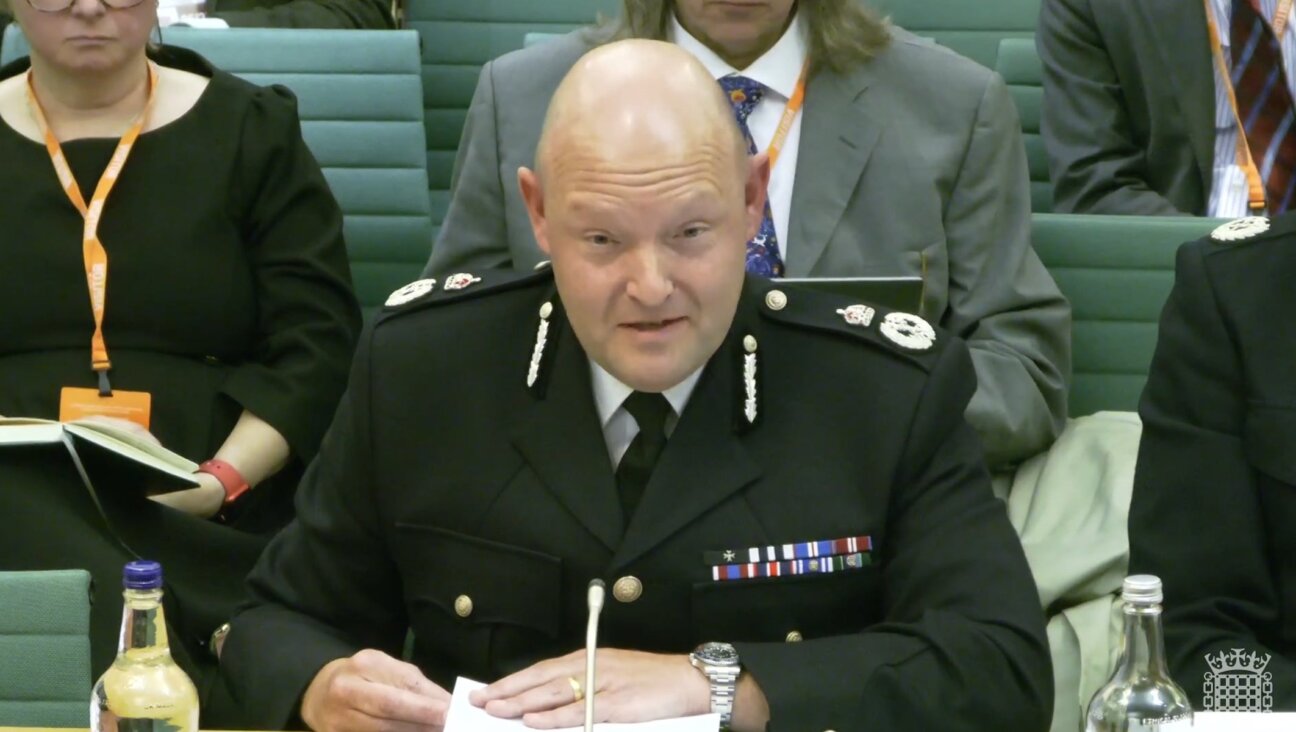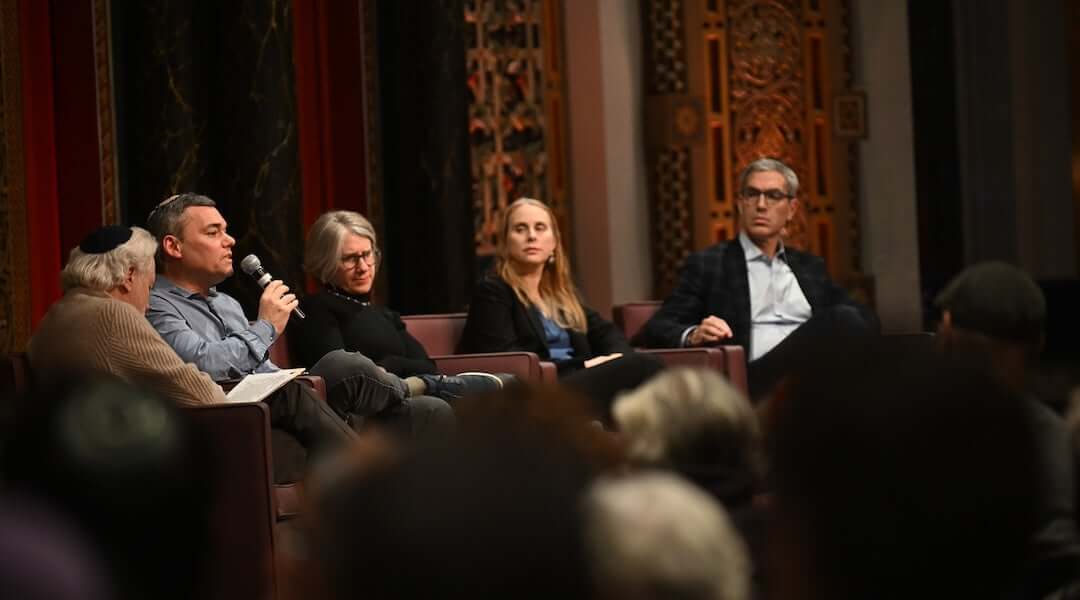France Vows Crackdown on Religious Extremists

Image by getty images
France will deport foreign-born imams and disband radical faith-based groups, including hardline traditionalist Catholics, if a new surveillance policy signals they suffer a “religious pathology” and could become violent.
A French Islamist shooting spree last March that killed three soldiers and four Jews showed how quickly religiously radicalised people could turn to force, Interior Minister Manuel Valls told a conference on the official policy of secularism.
His warning came two days after President Francois Hollande announced the creation of an agency to track how the separation of church and state is upheld in this traditionally Catholic country with Europe’s largest Muslim and Jewish minorities.
Valls and two other cabinet ministers told the conference on Tuesday evening the Socialist-led government would stress the secularist policy called “laicite” that they said was weakened under the previous conservative President Nicolas Sarkozy.
“The aim is not to combat opinions by force, but to detect and understand when an opinion turns into a potentially violent and criminal excess,” he said.
“The objective is to identify when it’s suitable to intervene to treat what has become a religious pathology,” said Valls, whose ministry oversees relations with religions.
France’s official secularism sidelines faith in the public sphere, but a trend towards a more visible religious identity among some Muslims, Jews and Catholics has made defending it a cause for the traditionally secularist left-wing parties.
FOCUS ON ALL FAITHS
Valls stressed the focus would be not only on radical Salafi Muslims recruiting among disaffected youths, but also on groups such as Civitas, a far-right lay Catholic movement that protests aggressively against what it calls insults to Christianity.
Police were already observing Civitas closely because its protest campaigns skirt “the limits of legality,” he said. “All excesses are being minutely registered in case we have to consider dissolving it and defending this before a judge.”
The French Catholic Church has kept its distance from Civitas, which is close to the far-right National Front and the rebel traditionalist Society of Saint Pius X (SSPX), and encouraged its members to join only Church-backed protests against the planned legalisation of same-sex marriage.
At a Civitas march against gay marriage in Paris last month, some demonstrators attacked a French feminist journalist and several Ukrainian feminists who came dressed as nuns or bared their breasts to mock the ultra-traditionalists.
Valls said the government had a duty to combat religious extremism because it was “an offence to the republic” based on a negation of reason that puts dogma ahead of the law.
Giving examples of religious extremists, he mentioned creationists in the United States and the Muslim world, radical Islamists, ultra-traditionalist Catholics and ultra-Orthodox Jews who want to live separately from the modern world.
SECTARIAN SALAFIS
Salafi Muslims, whose stern version of Islam also sets followers apart from Western society, sometimes act in a sectarian way to control youths seeking an identity, he said.
France actively pursues and sometimes bans sects and cults considered a threat to public order but radical Islamist groups have mostly been treated as security problems. Classifying them as sectarian could lead to preemptive legal action against them.
Announcing his initiative on secularism on Sunday, Hollande said the new observatory – a public agency to monitor policy issues and propose solutions – would also study ways to introduce classes on secular morality in state schools.
Education Minister Vincent Peillon told the conference the classes would stress the French values of equality and fraternity that teachers say pupils – especially in poorer areas with immigrant populations – increasingly do not respect.
“We have to teach this and it’s not being done,” he said. “If we don’t teach it, they won’t learn it.”
Valls urged the more militant secularists at the conference not to see religions as sects to be opposed and to understand that established religions could help fight against extremists.
“We have to say that religions are not sects, otherwise sects are religions,” he said.













